I think it’s safe to say that we’ve come a long way since the “here kitty, kitty” days of yore. Cats are many things, including skilled hunters that were once highly worshipped. According to one recent study out of Japan, they have the ability to recognize their name when called! But what’s even more impressive, is that your cat doesn’t need to hear their name from a familiar voice in order to recognize it! Anyone who says your cats name may win their attention.
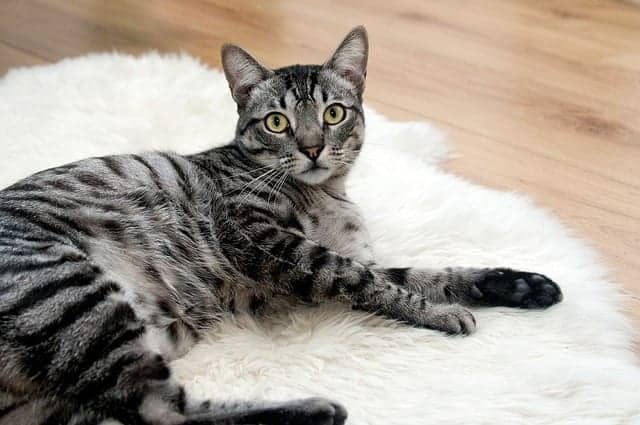
While this is an easy feat for dogs, science suggests that the fact that your cat cat do this is actually quite impressive. (I don’t know about you, but everything my ginger baby Tom does is impressive. Truth is I’m partial to him given that he likes me and pretty much no one else other than my autistic son.)
“There are so many studies about dog ability to communicate with humans. We think it is important to show cats’ ability.” — feline scientific research expert Atsuko Saito
So How Did They Determine That Cats Possess The Ability To Recognize Their Own Name?
Atsuko Saito of Sophia University in Tokyo and her colleagues conducted a handful of experiments to see if their hypothesis was, in fact, correct. They wanted to prove that cats can do this. We know that cats hear a lot of words on a day to day basis living among humans. The theory tested to see if they would have the ability to differentiate between normal words and their specific names.

The study in its entirety was published on Nature.com to their Scientific Reports section:
In the present study, we investigated the ability of domestic cats to discriminate human verbal utterances. Cats are sensitive to differences in human voice characteristics. Some owners insist that their cats can recognize their own names and words related to food. Therefore, we can make the following hypothesis. Cats can discriminate words uttered by humans from other words. Especially their own names, because a cat’s name is a salient stimulus. It may be the human utterance most frequently heard by domestic cats (cats kept by humans). And it may be associated with rewards, such as food, petting, and play.
So, to test this theory, they headed to cat owner’s homes and a cat cafe. Here, they would interact with the humans and their cats. They conducted a specific set of 4 experiments using a habituation-dishabituation method.
The felines were presented with a recording of their owner’s voice in each experiment. This OR another person’s voice, each of which slowly reciting four nouns. The names of other cats were said, and then followed with the name of the cat being tested. Many of the cats tested reacted to the initial sound of the recording. Then as cats do, they lost interest rather easily.
But then they heard the sound of their own name on the recording. Whether that be from their servant or another human, they’d perk up in response, diverting their attention back to the sound of the recording. Tail twitches, head movements, and ear flicks were all noted when the cat responded to their own name.

So, what did the head researcher, Atusko Saito, think about this research? Well…probably what is best known when it comes to the true nature of a cat’s being–cats are opportunists! (And dogs, too, so pfft!)
But unlike my basic assumption that is likely similar to yours, she based hers off more scientific fact. Cats have learned to associate their name with something positive.
Just think about it, when you call your cat’s name, it’s for something positive, correct? Whether that’s a treat, food, play or to show them affection. Your cat has come to recognize the positive association with their name. This is the reason for their curious response should you–or someone else!–call it.
“There is no evidence that cats have the ability to recognise themselves. So I think they just associated words – here, names – with rewards or punishment,” says Saito.
Conclusions from the published study on Nature.com/scientificreports:
“…this study has demonstrated that cats can discriminate human utterances based on phonemic differences. Such discrimination is acquired without explicit discrimination training. Instead, emerging from the patterns of natural daily communication between humans and cats. We may utilise this ability positively for cats’ quality of life. For example, perhaps we can get cats to learn that dangerous objects or places are referred to by specific utterances. This work has shed new light on the ability of cats to communicate with humans. It further clarifies cats’ abilities, with respect to cat–human communication, will potentially enhance the welfare of both humans and cats.”
When asked her professional opinion regarding the study, Jennifer Vonk, a cognitive psychologist at Oakland University in Rochester, Michigan said:
“I think the sum total of results across the studies provides compelling evidence that the cats’ names are of special significance to them.”
Cats really are tiny geniuses, aren’t they? I’m always amazed and impressed by them and their unique ability to grasp our undivided attention.
REMEMBER: ADOPT, DON’T SHOP; FOSTERING SAVES LIVES & SPAY AND NEUTER!
Related Story: New Kitten Academy Litter Are “Shoe-in’s” For World’s Cutest Feline Baby Names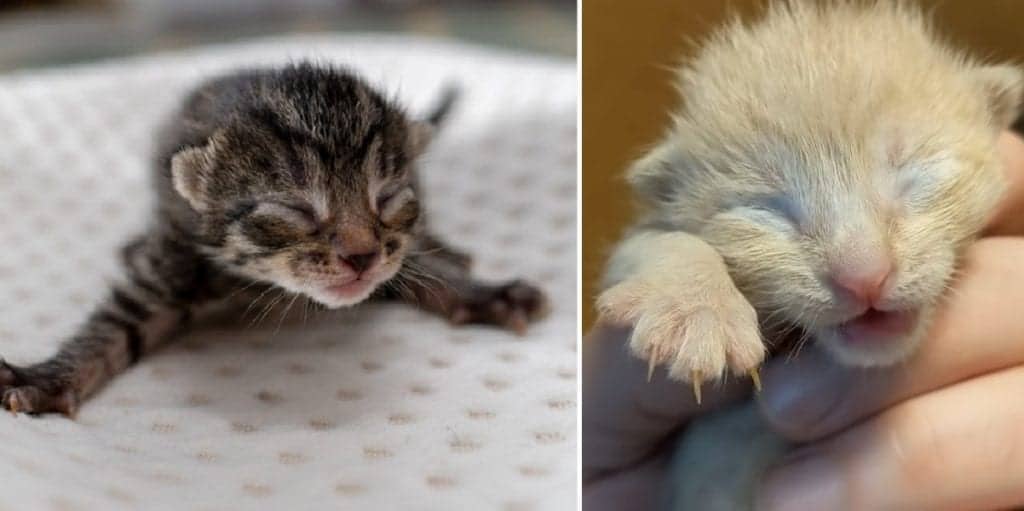 Related Video: If Cats Said “Mom” Instead of “Meow”
Related Video: If Cats Said “Mom” Instead of “Meow”


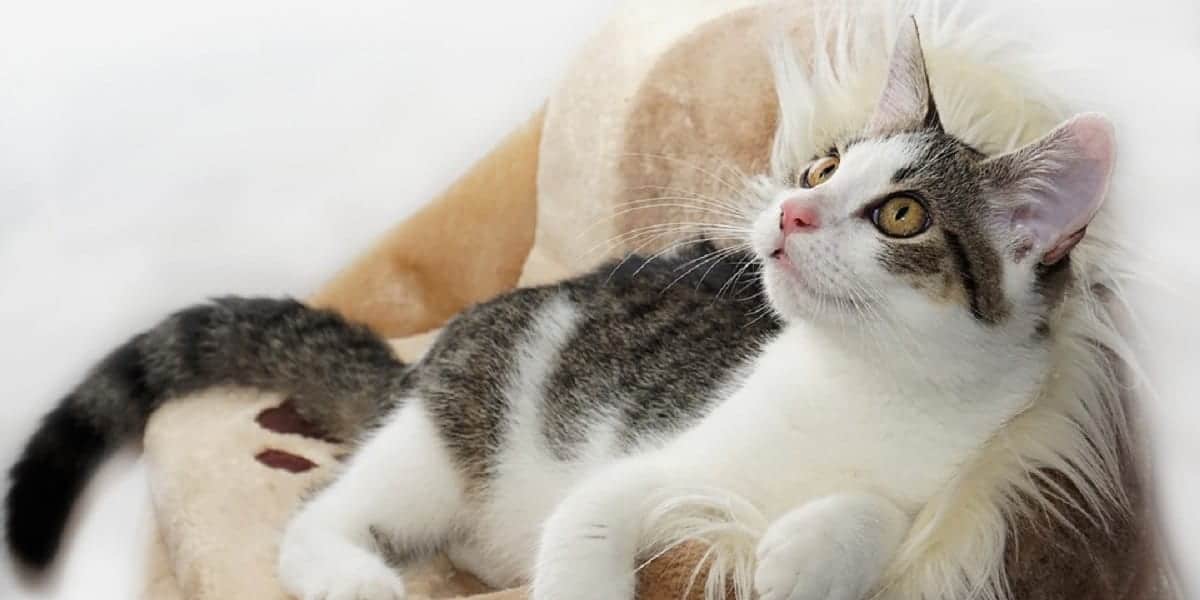

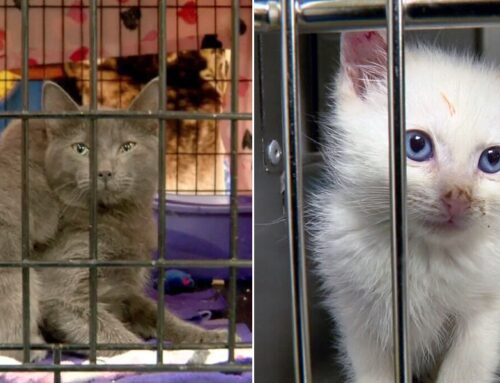
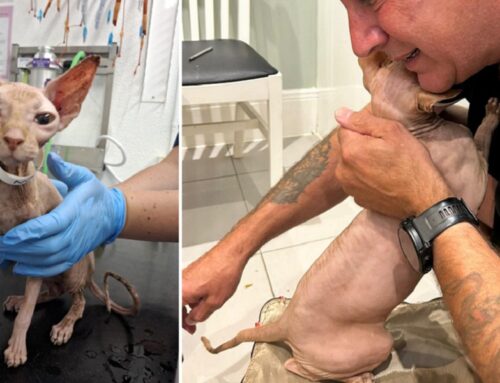
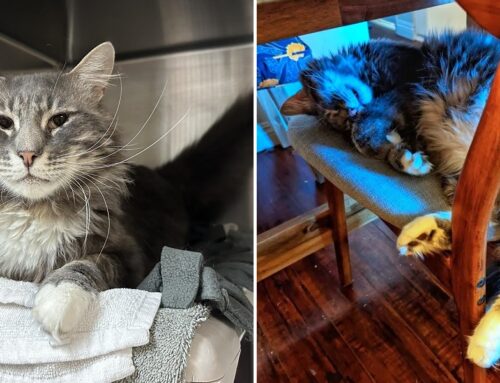
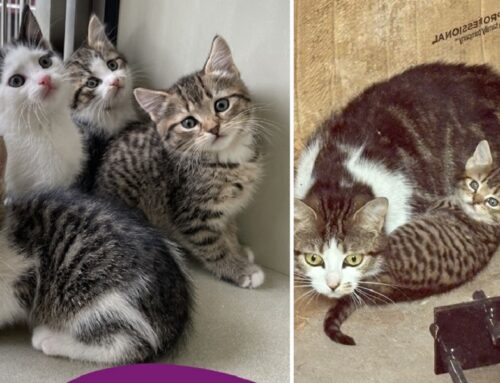


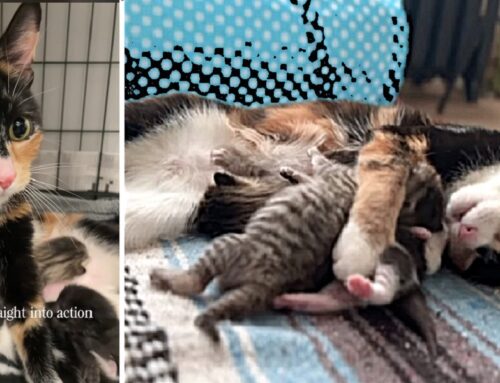
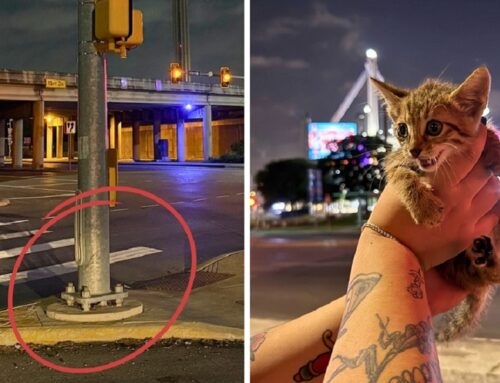
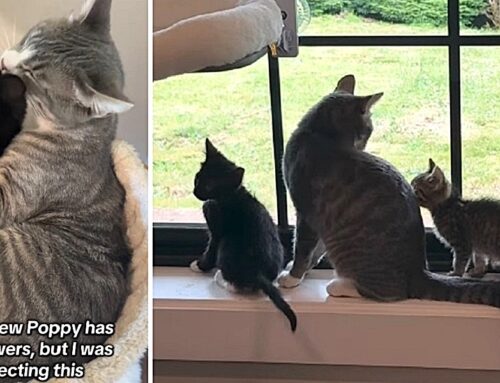
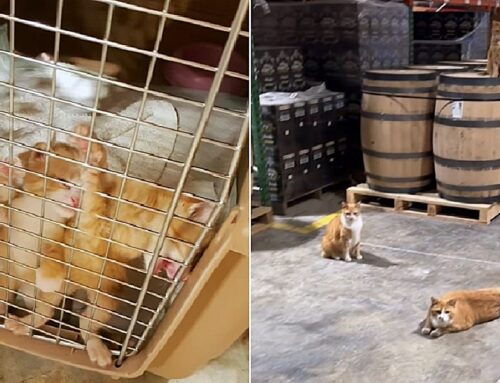
People who aren’t owned by cats have always been amazed that all of the cats who have called me theirs have come to me or people they know well enough to moderately trust when they were called. This was never something I intentionally tried to teach them, and I have also always used their names as a warning. Said in a sharp tone to get their attention and ask them to get off of a table or counter, stop scratching something, et cetera. So it can’t (in my view) be just the positive association of affection, treats, or play. They also seem quite capable of learning other “words” or collections of phonemes. Cats are very different from dogs, yes. But they are very intelligent creatures that are often not given the credit they’re due.
My cat knows his name and the words: treat, food, outside, stop, and “food on the table” (which means leave the dining room table area and he does go away). So I’m not surprised by this report. But the sound he knows and loves the best is the shaking treat jar.
I have seven cats and we have observed that they don’t only know their own name but they know what I call each of them. Sometimes I say the name of one of them, especially if scolding him/her and the others will turn around and stare at that one. They know also “out”, “come in”, “your food”, “water”, and I think that even some of the words in my conversation with others. Especially cats 10 years old or over can tell like “bring me the crate, he has to go to the vet” to go and hide.